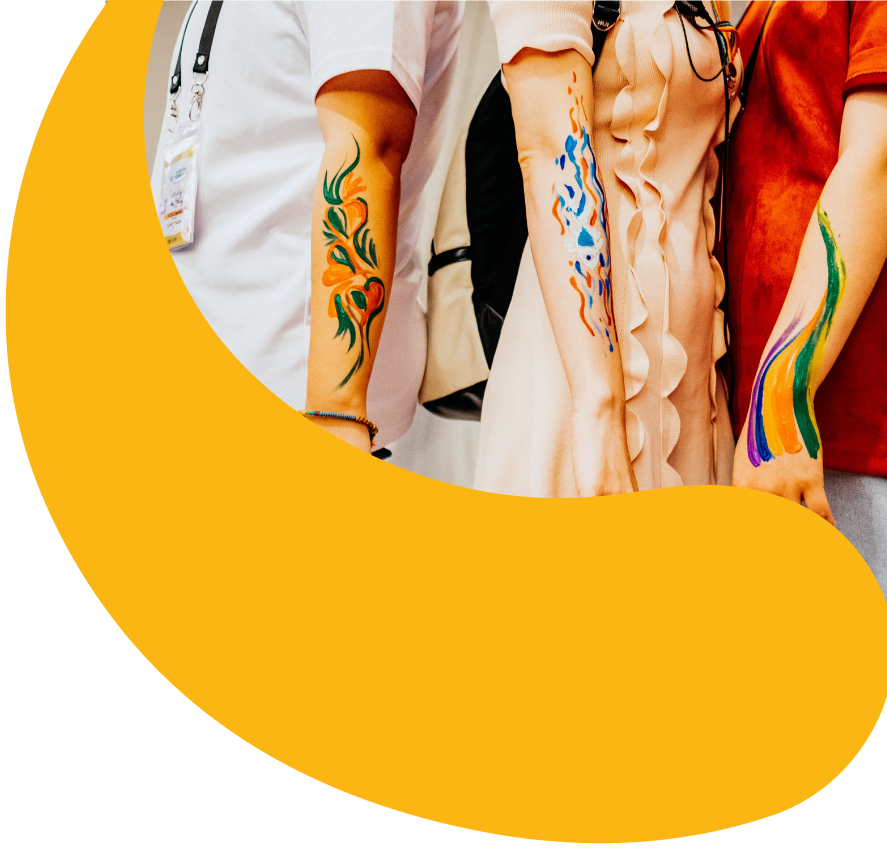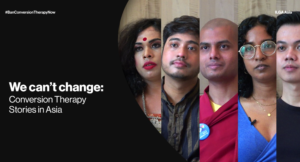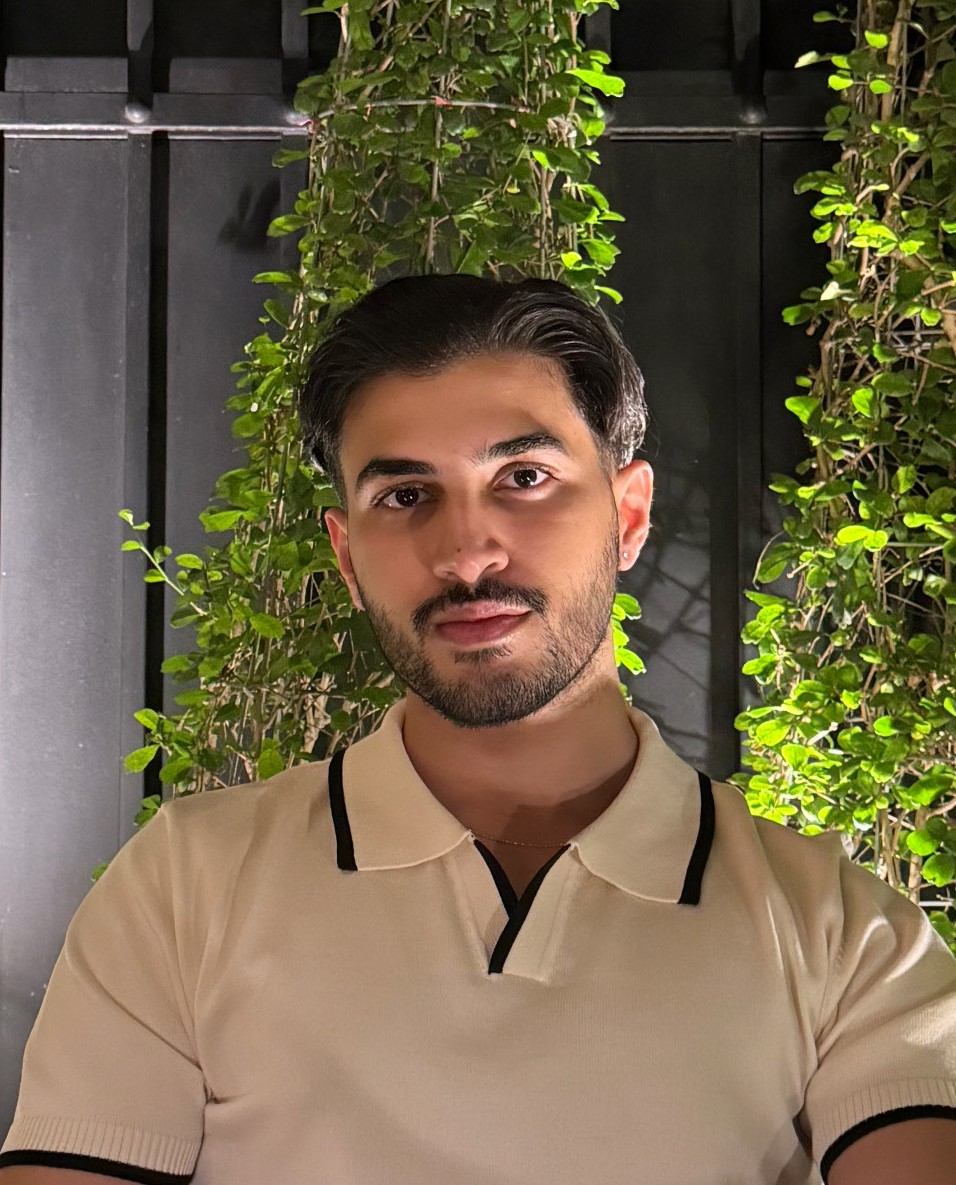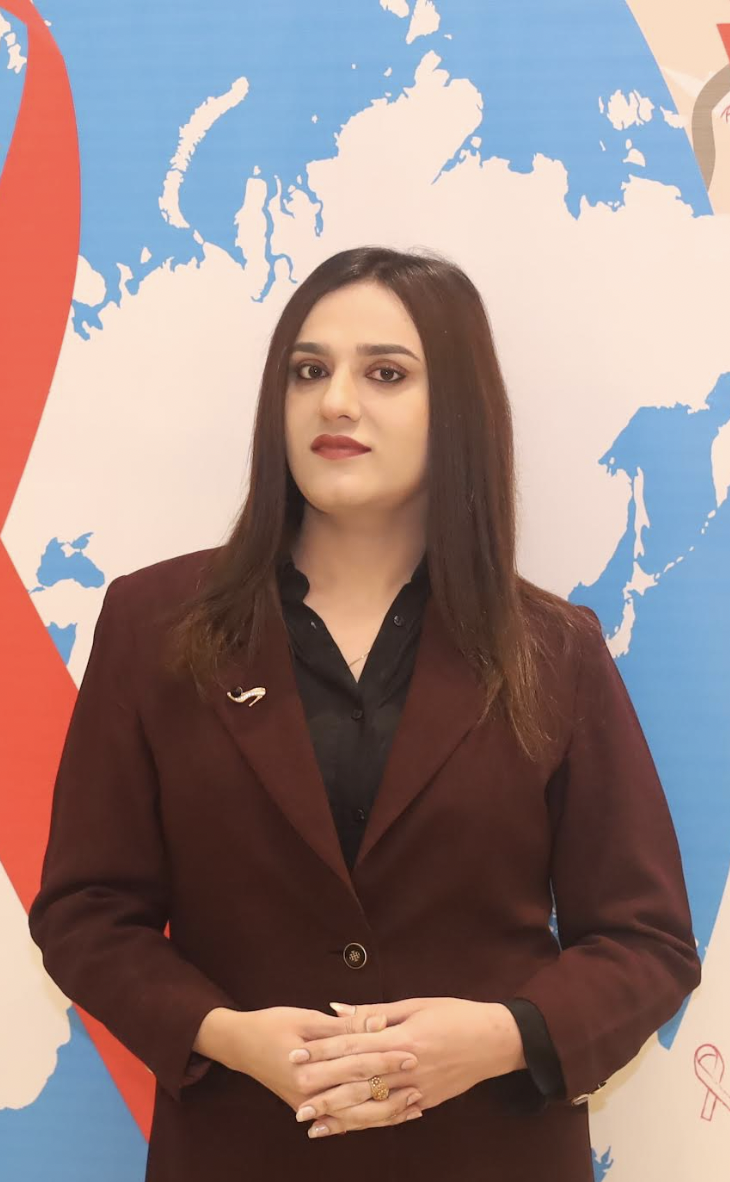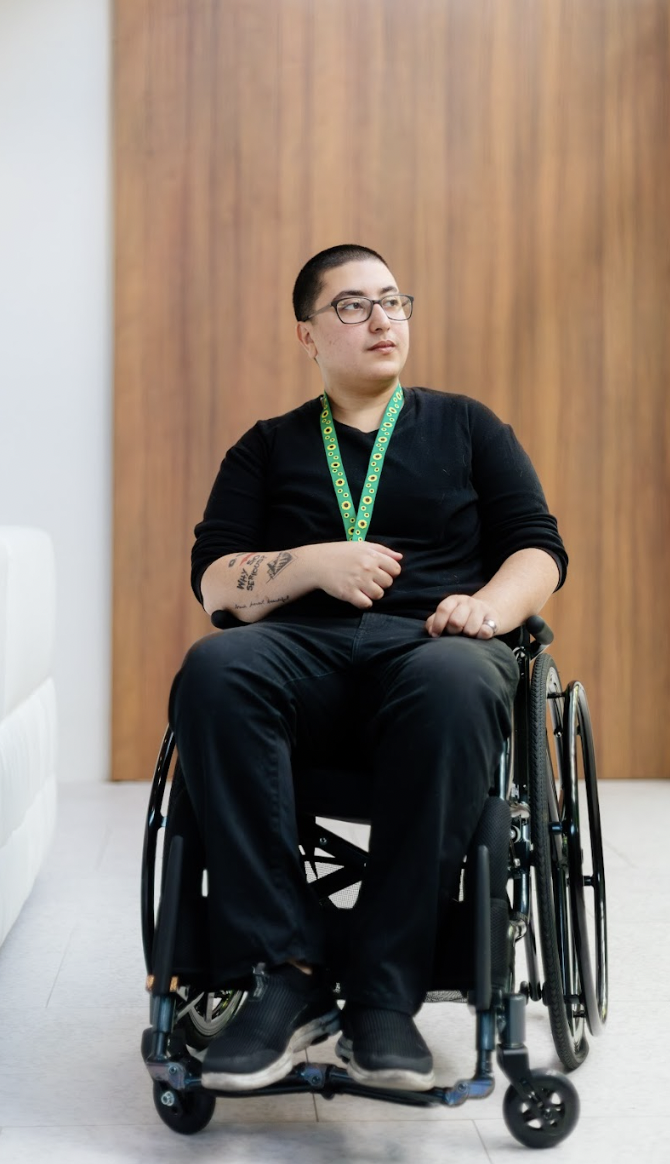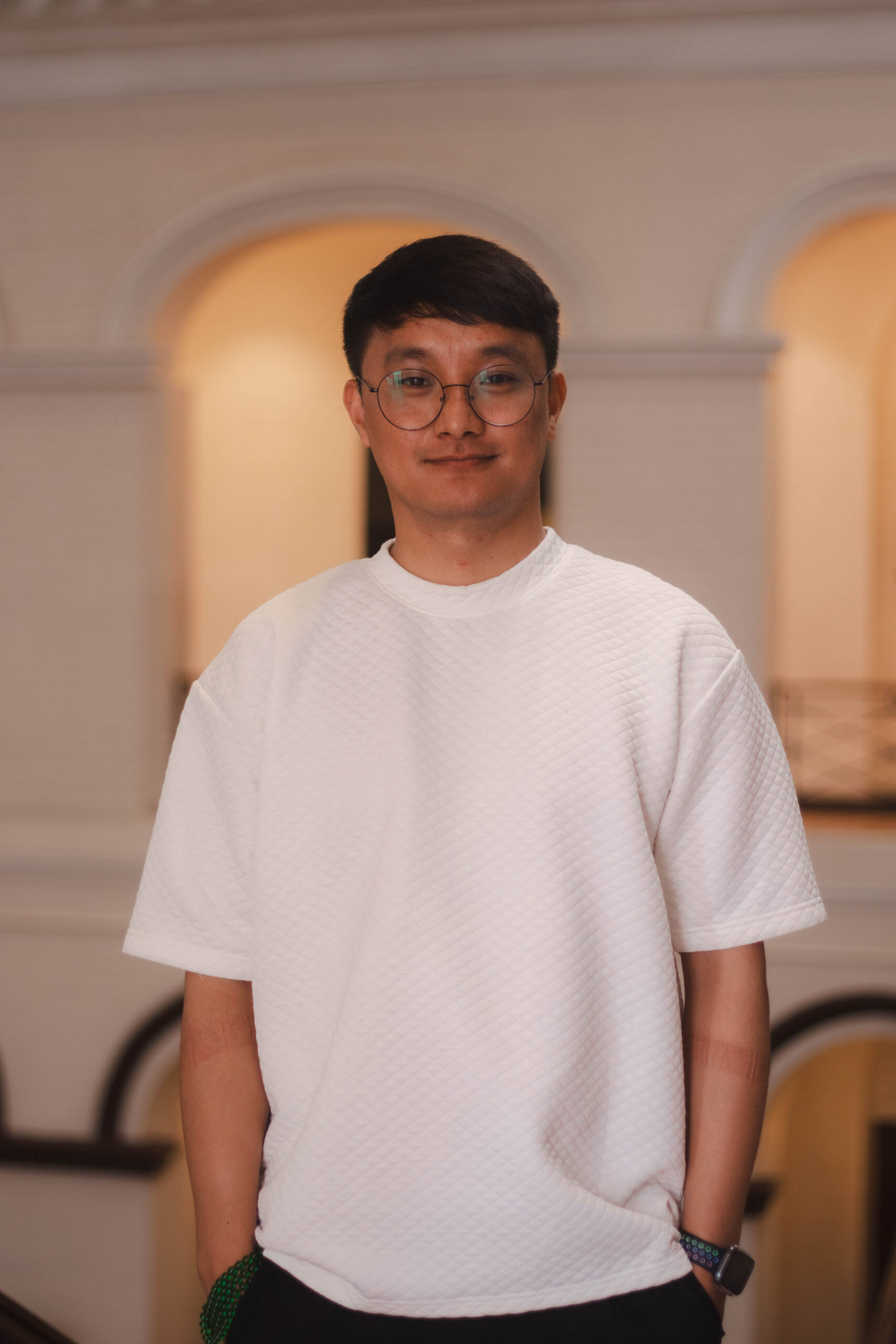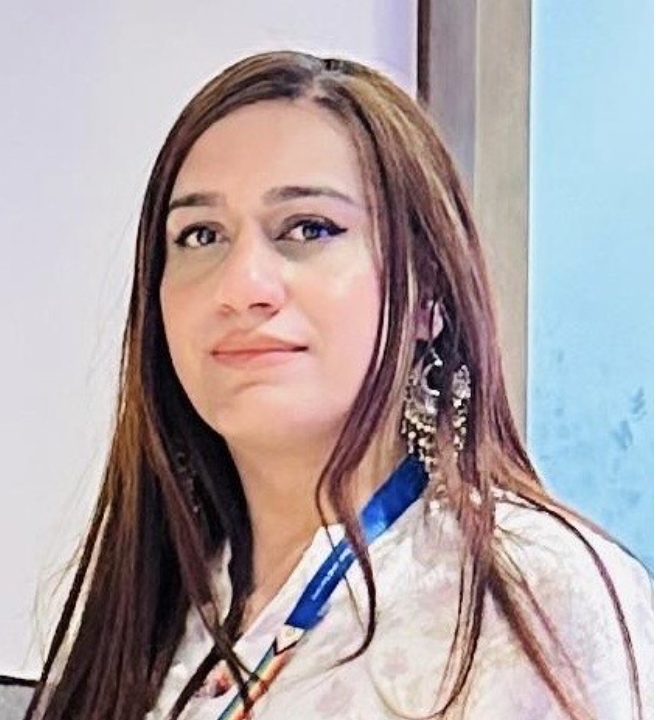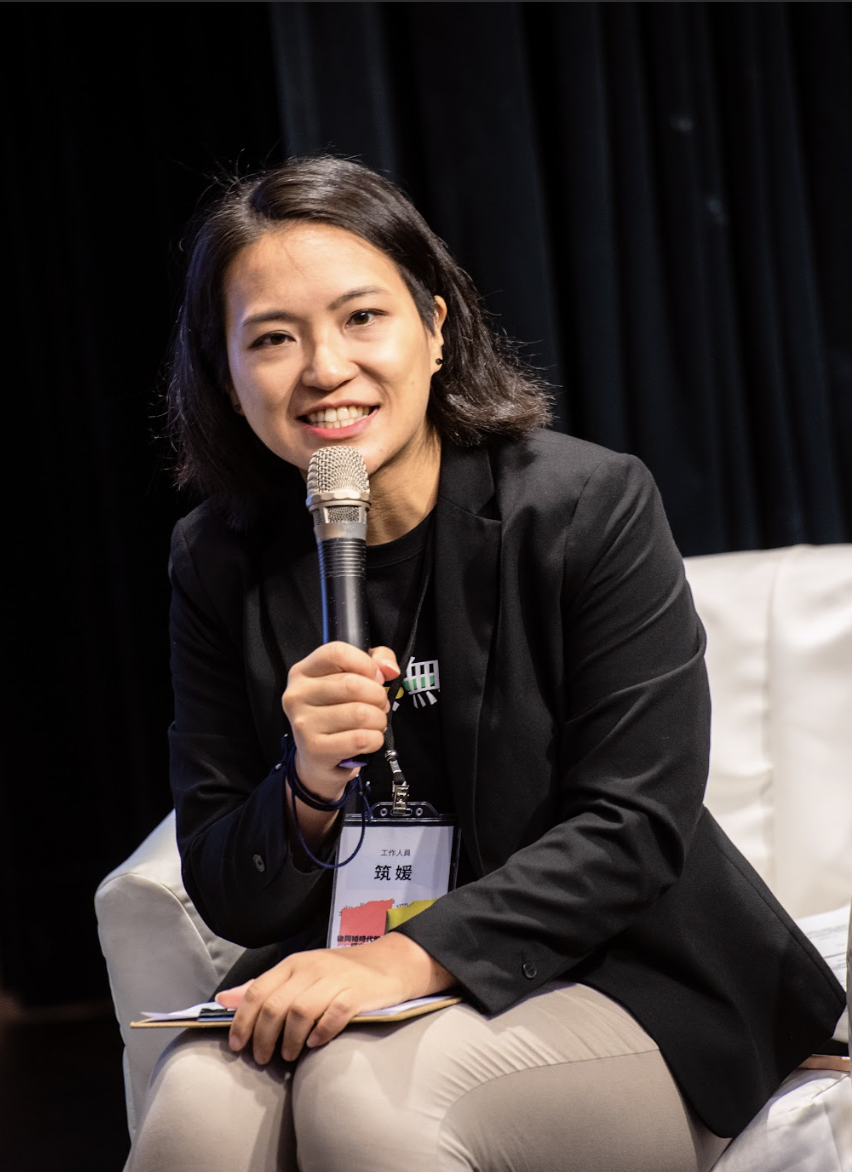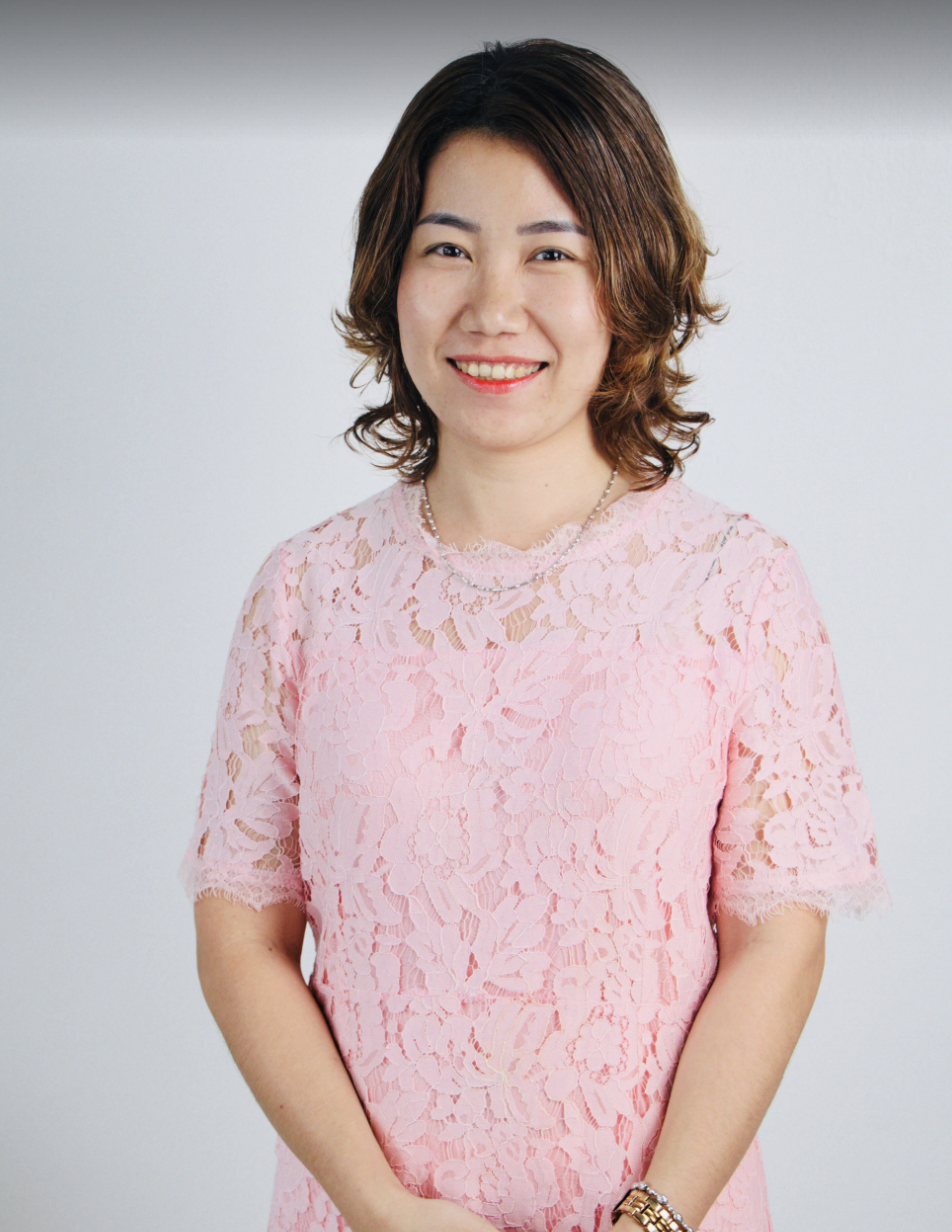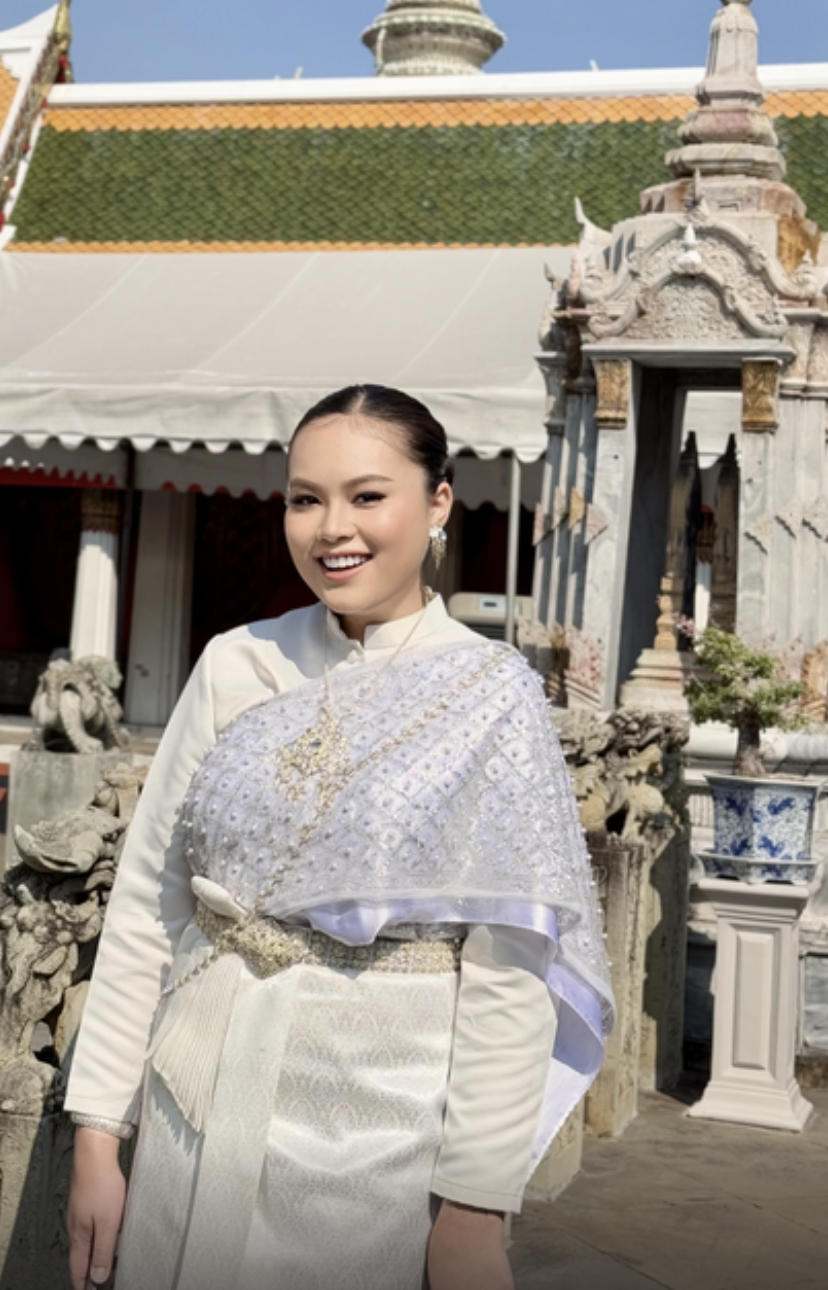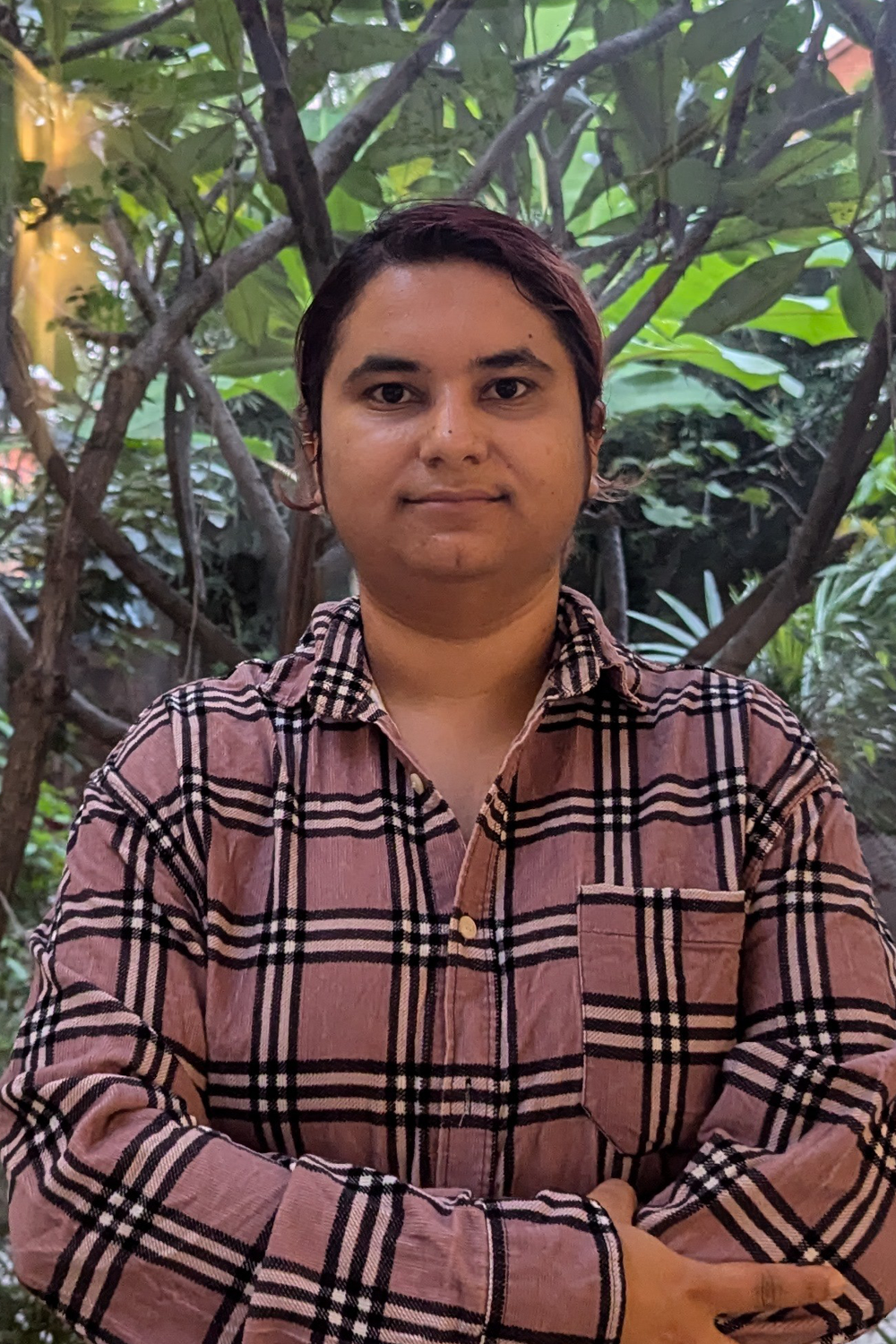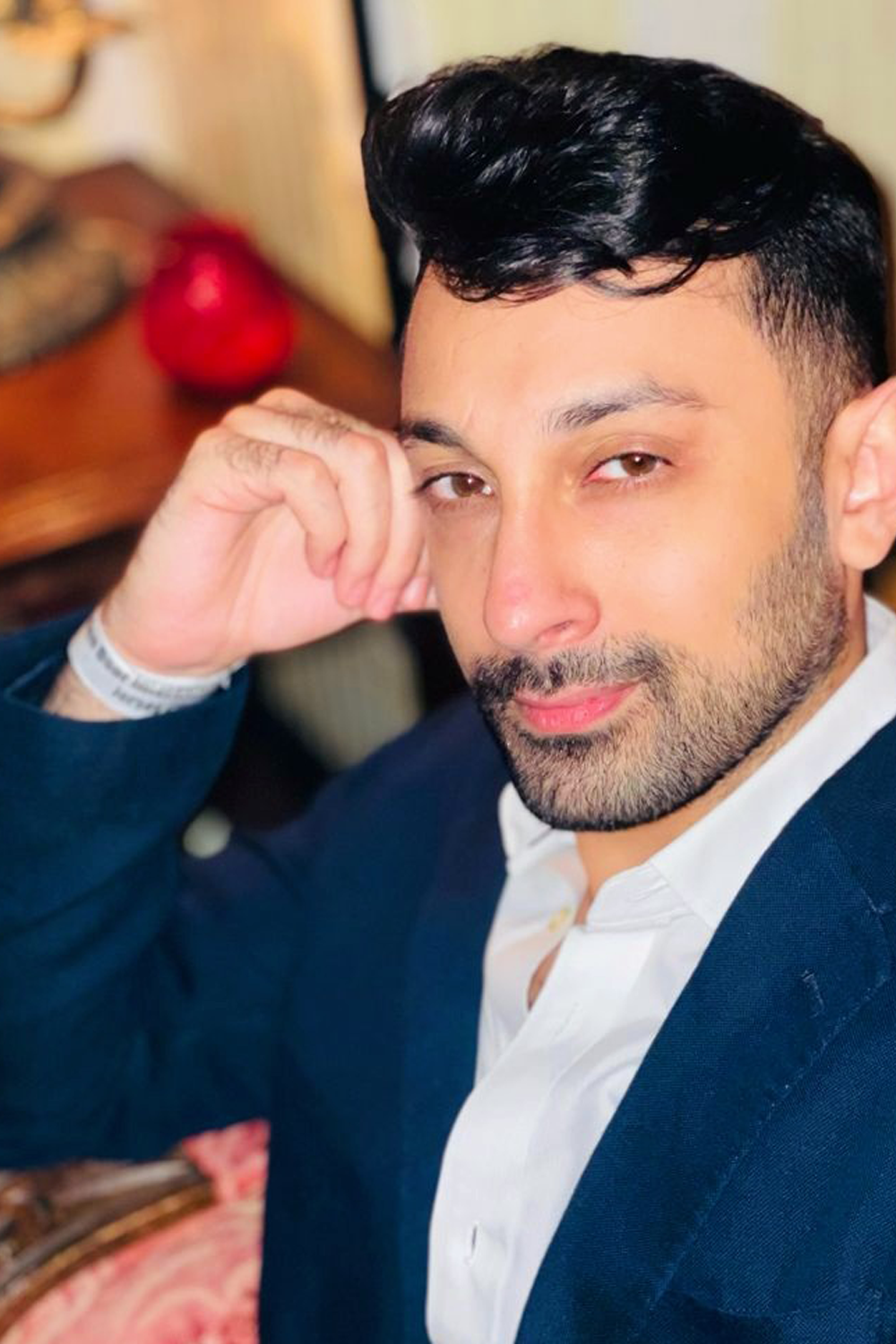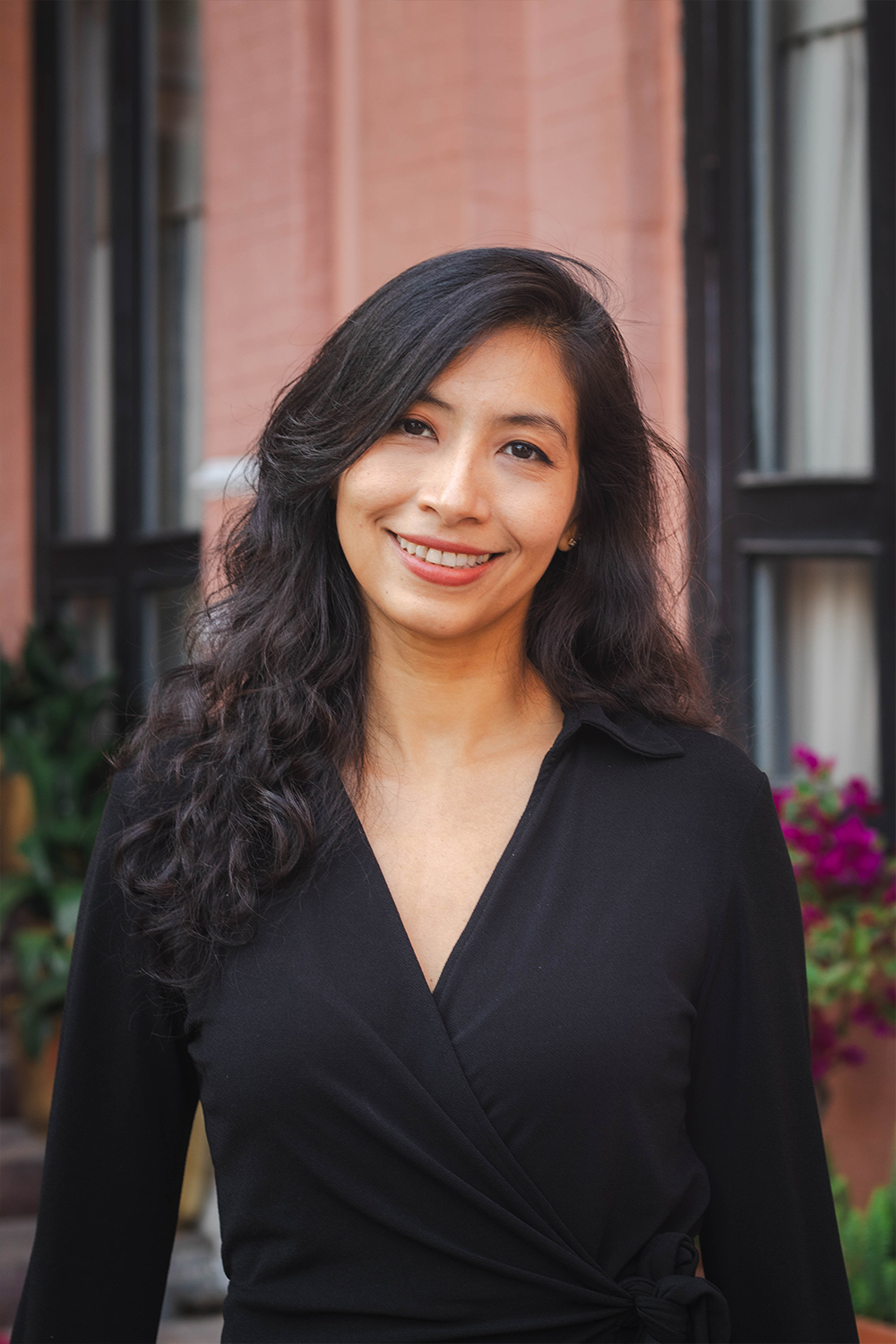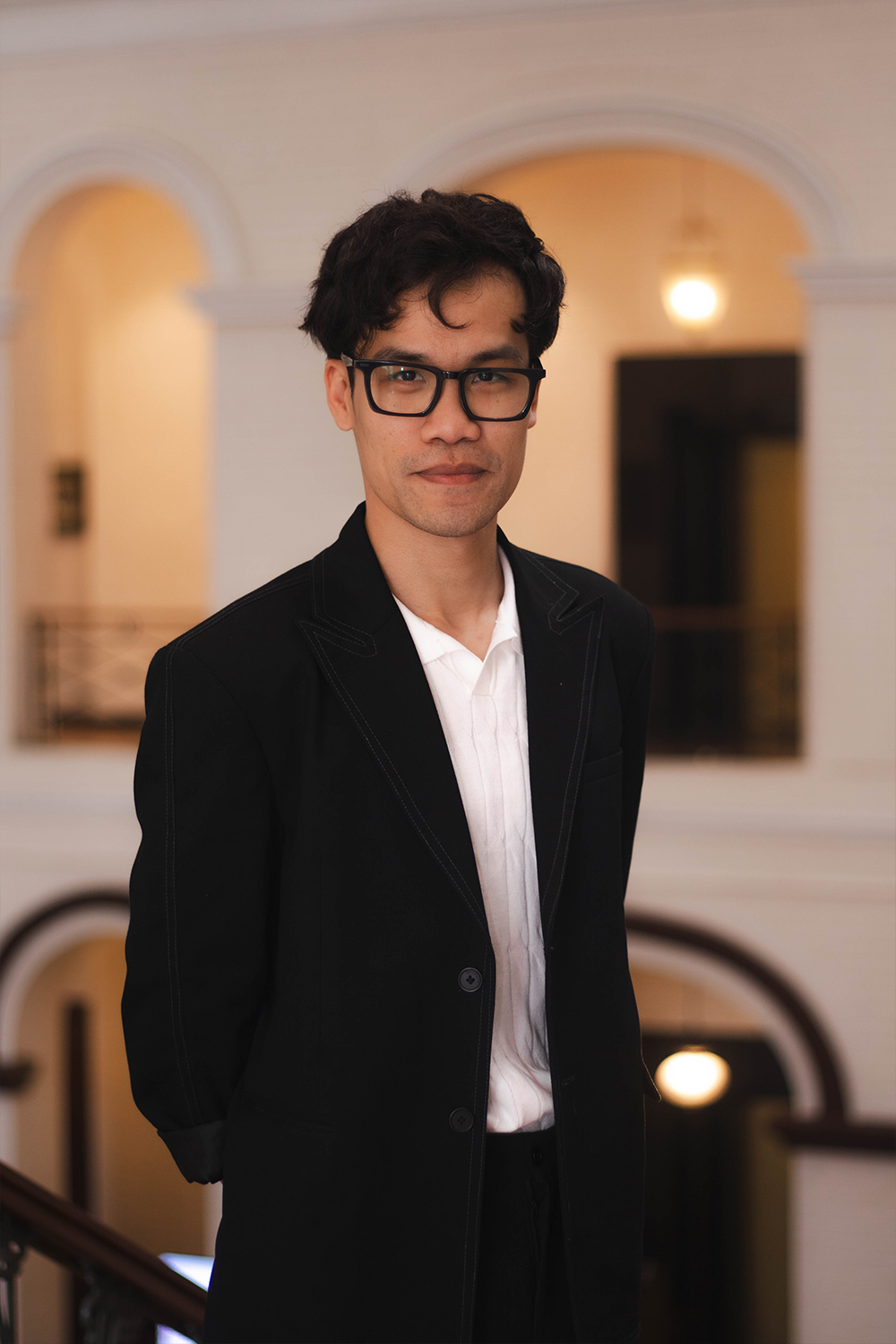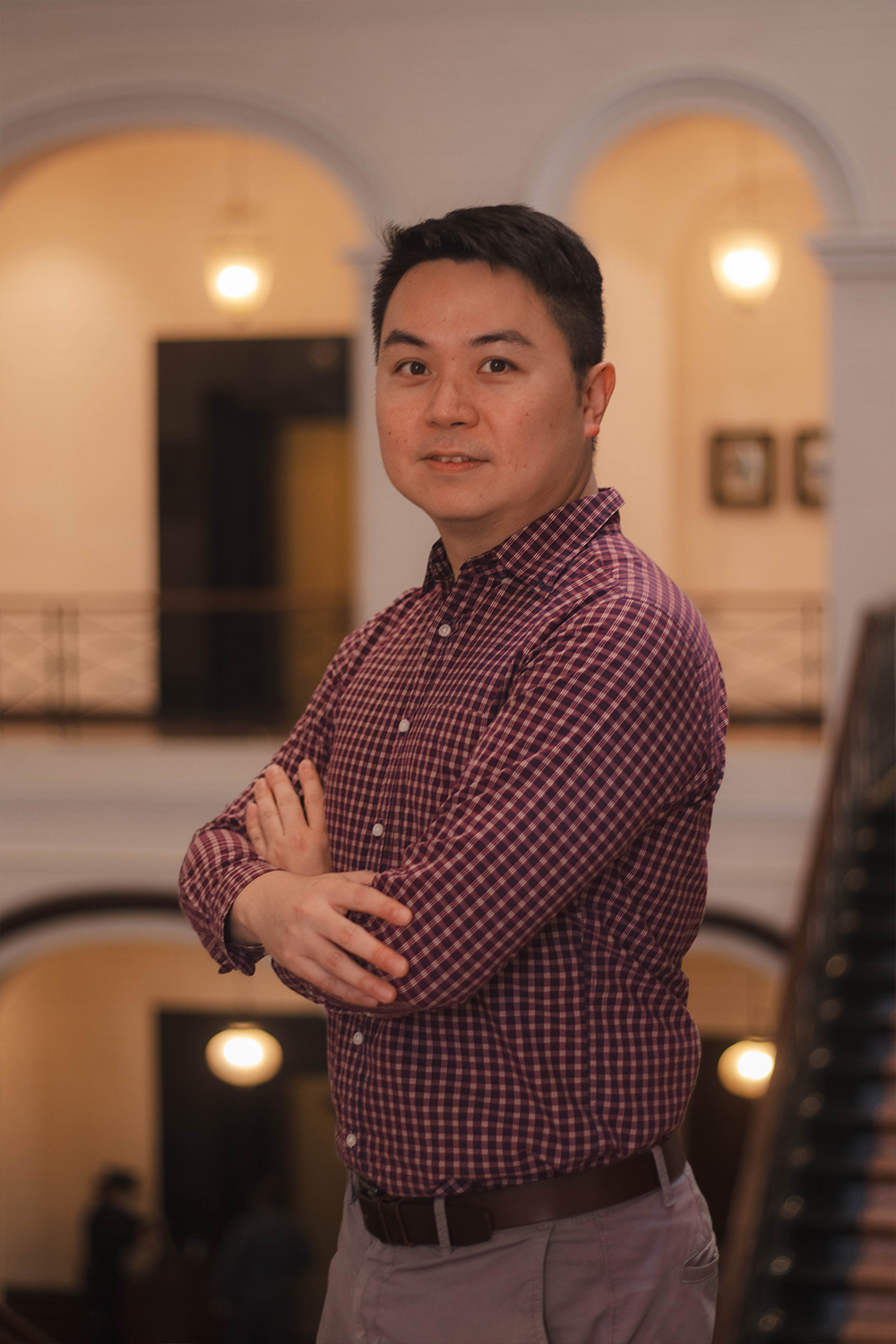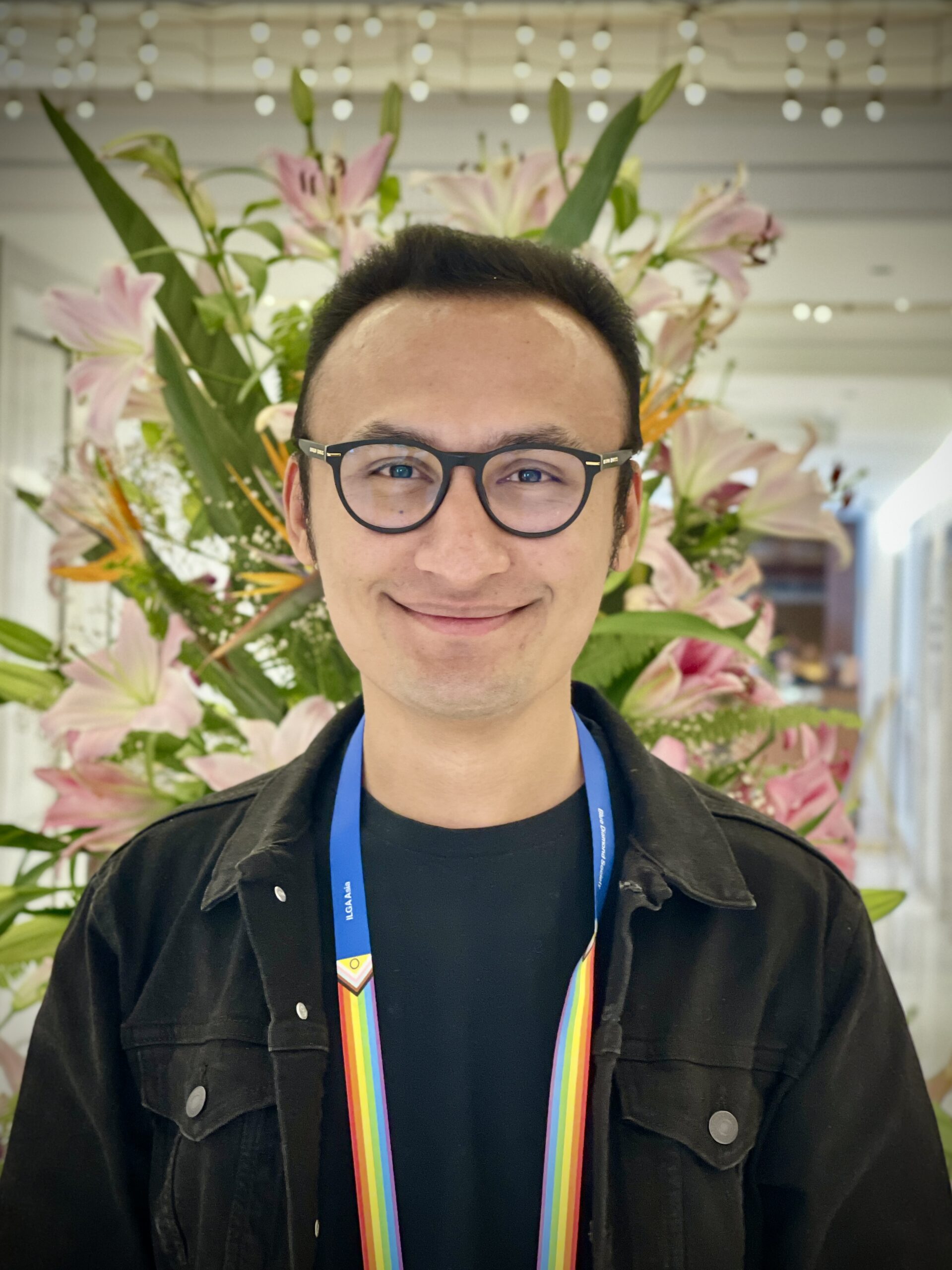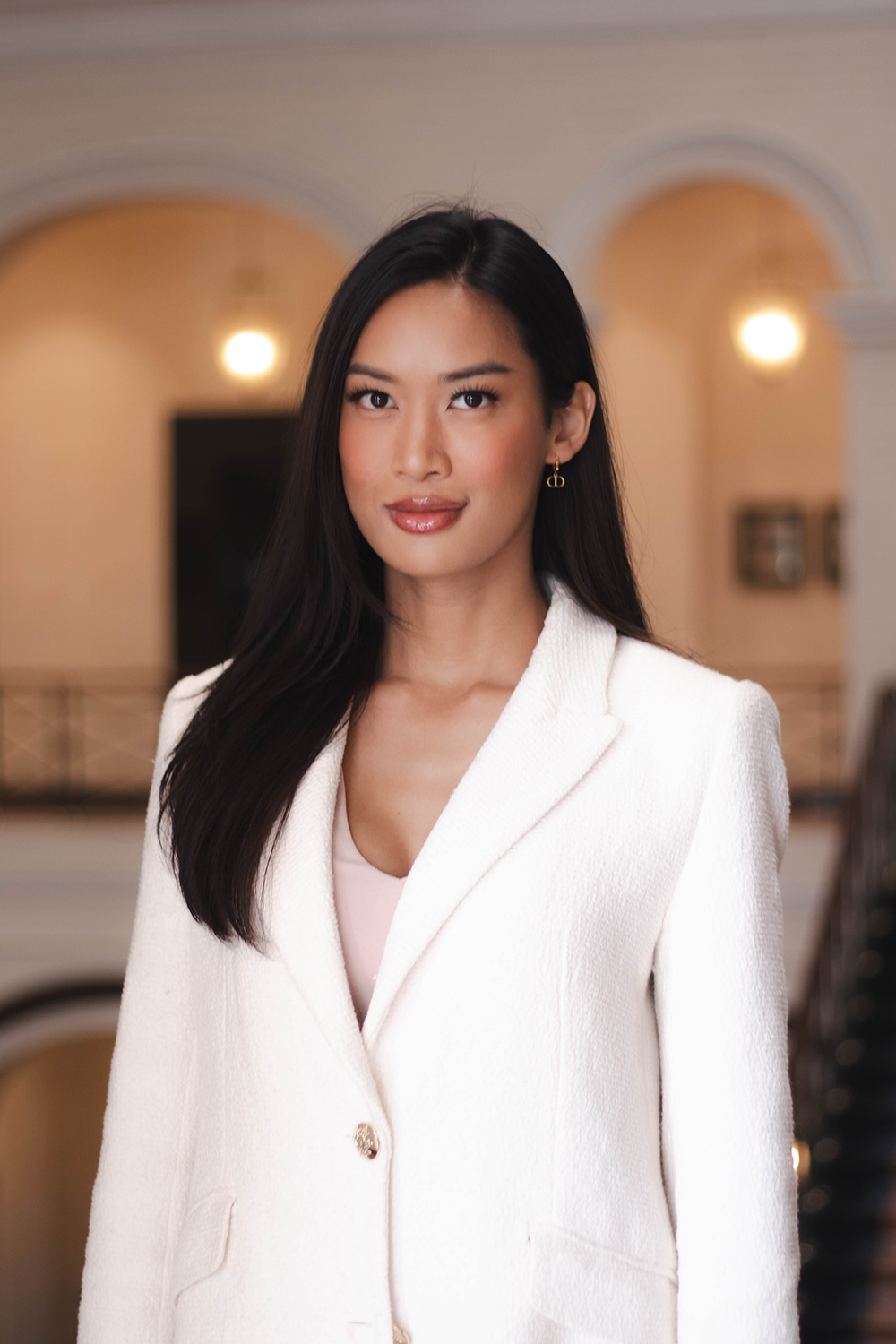Ban Conversion Therapy Now.
What is meant by "Conversion Therapy"?
Conversion therapy—sometimes called “SOGIE change efforts” or “reparative therapy”—refers to attempts to change, suppress, or erase someone’s sexual orientation or gender identity. It can take many forms:
Behind every method lies the same message: you must not be who you are.
- Counseling that insists being gay is a sickness.
- Religious rituals framed as exorcisms or purification.
- Doctors prescribing unnecessary drugs or treatments.
- Parents confine their child until they “repent.”
- School programs disguised as discipline or “rehabilitation.”
What the Evidence Shows:
Harms & Human Rights
There is clear and mounting evidence—from UN experts, human rights bodies, medical and psychological associations—that conversion therapy is not just unethical, it causes deep, lasting harm. Some key findings:
The UN Independent Expert on Sexual Orientation and Gender Identity (SOGI) has stated that conversion therapy inflicts “severe pain and suffering”, causes “long-lasting psychological and physical damage” and may amount to torture depending on circumstances.
These practices are inherently discriminatory: they target people because of sexual orientation or gender identity—a protected characteristic—and deny core rights like the right to health, dignity, bodily autonomy, freedom from ill treatment.
Psychological effects include depression, anxiety, shame, self-loathing, suicidal thoughts or attempts, social isolation, PTSD. Physical harms have also been reported (from coerced medical treatments, forced confinement, use of drugs etc.). Young people are disproportionately affected: many are under 25 when subjected to conversion practices; roughly half are minors in many reported cases.
Scientific and professional consensus rejects conversion therapy: leading health / mental health bodies worldwide agree there is no credible scientific basis to change one’s SOGIE, and that reputed “cures” are ineffective and harmful.
Dr. Mehrub (Pakistan)
In our Conversion Therapy series, Dr. Mehrub Moiz Awan from Pakistan reflects on her own medical background while recounting the trauma of being subjected to conversion therapy—carried out under the guise of medical care and reinforced by societal pressures.
Conversion Therapy in Asia
While much of the literature is more developed in Europe or the Americas, Asia has documented numerous serious instances, and ILGA Asia continues to find out more.
Alvin (Hong Kong)
Alvin recalls undergoing counseling sessions intended to change his sexual orientation. Although he was not physically forced to continue, the experience left lasting effects:
“They didn’t force me to finish their counselling, but it was not easy to leave when these [anti-gay] messages become so ingrained, and when you are so determined to change.”
His testimony highlights how harmful narratives, perpetuated by institutions and religious groups that still label LGBTIQ identities as a “sickness,” can deeply affect individuals. These groups often promote so-called “conversion therapies” that inflict trauma and long-term psychological harm.
Tashi (India)
At 22, Tashi was compelled by his parents to see a healer who promised to “cure” him. Today, Tashi—who is also a queer monastic—speaks openly about the dangers of these practices:
“Talking about conversion therapy… it’s about saving the younger generation, the other queer people out there. Also, putting the word out there that this is a hoax, and that’s important. Passing the law and having the law is not enough, but it must be implemented in a strict way that anyone who does conversion therapy, especially if they are doctors, their licenses must be cancelled.”
Tashi’s account underscores the urgent need for strict enforcement of legal protections against conversion therapy in India, where such practices continue to be reported.
Tarin Tani (Bangladesh)
As a student, Tarin Tani disclosed to her family that she was a trans woman. This disclosure was met with violence and abuse. She recalls:
“I was 25 and waiting for my graduation. I told my parents that I was trans [woman] and they were shocked. They said, ‘How is this possible? You are biologically a boy!’ For six months, they locked me in a room. They tortured me. A religious leader came every day to pour holy water and say that I was a man, not a woman. Then they sent me to a doctor who prescribed therapies and medication that were horrible for my health. My father and mother beat me, slapped me, and sometimes chained my leg to the bed so I couldn’t leave. Several times, I attempted suicide.”
Her testimony illustrates the intersecting roles of family, religious figures, and medical professionals in perpetuating conversion therapy and related abuses against trans and gender-diverse people in Bangladesh.
Sudipta Das (India)
Sudipta, a Dalit queer activist, was under 18 when they were subjected to psychiatric conversion therapy after being outed to their family:
“The moment I came out to my parents, my agency was completely taken away from me. My identity was revealed and there was a lot of pathological conversation in terms of what kind of medication can be given, what kind of therapies can be given.”
They emphasize the need for meaningful community participation in policymaking:
“When these policies are drafted, people from the community are not being consulted. It is fundamental that we include lived realities, because many policymakers may not even have a comprehensive understanding of what conversion therapy is.”
Dimithri Wijesinghe (Sri Lanka)
Dimithri, a human rights lawyer and legal advisor for the Bridge to Equality Collective, explains how parents often resort to conversion therapy out of fear for their children’s future:
“Many parents, out of concern, feel that their child needs to be subject to this [conversion therapy] so they can lead a normal life. As a result, there are many places you can go to subject your child—or yourself—to conversion therapy. Doctors specifically prescribe a combination of depression and sleeping medications, encouraging people to continue until they ‘feel normal.’”
Dimithri also stresses the need for legal safeguards, particularly in Sri Lanka where same-sex relations remain criminalized under colonial-era laws:
“There is no law that endorses it, but a protection bill would be the best thing. We still have 365A and 365, which criminalize homosexuality, and because of that, the mindset still remains.”
Arisdo (Indonesia)
Arisdo, an LGBTIQ youth activist with Pelangi Nusantara, survived conversion therapy while navigating his identity as a person of faith. He now advocates for acceptance and dignity:
“Conversion therapy doesn’t work for the LGBTIQ community. We don’t need to be changed because from what I learned… God loves us so much. God shows that God loves everyone. You were born to be gay and should be proud to be gay. You don’t need to be heterosexual or cisgender. And for the parents or the churches who still do conversion therapy, please stop—it’s really bad for us. It doesn’t work for us.”
Nikki (Thailand)
Nikki’s experience reflects the widespread issue of conversion therapy in Thailand, where LGBTIQ people are often subjected to harmful practices by families, schools, and medical professionals. She recalls being targeted through an organized school initiative:
“There was a project initiated by this secondary school teacher about a leadership camp. The school teacher tried to introduce that to my parents. And not only my parents, but we were around 12 trans kids at that time or ‘Kathoey’ kids at that time. The teacher asked permission from the parents of the trans kids to send us to that ‘school camp.’ And that leadership camp was conducted and led by the police students.”
This account demonstrates how conversion therapy in Thailand can take institutionalized forms, disguised as school programs or development camps, reinforcing stigma under the guise of discipline and “leadership training.”
The Rights Conversion Therapy Breaks
Conversion therapy is not just “bad counseling.” It cuts across multiple human rights, leaving deep scars on those subjected to it:
- Right to Health: Survivors describe coercion, forced medical treatments, and psychological trauma that erode both physical and mental well-being.
- Right to Dignity and Bodily Integrity: Pressuring someone to deny or change who they are is an assault on their very personhood.
- Freedom from Torture or Cruel, Inhuman, or Degrading Treatment: In its harsher forms — forced confinement, humiliation, even physical punishment — conversion therapy crosses into the territory of torture.
- Non-Discrimination: By targeting people because of their sexual orientation or gender identity, these practices violate the fundamental principle of equality.
- Children’s Rights: Minors are often the most vulnerable. Locked away, drugged, or sent to “rehabilitation” camps, they are stripped of autonomy in ways that international law explicitly forbids.
What Must Be Done: Demands
Based on evidence and rights obligations, ILGA Asia calls for:
- Comprehensive legal bans on all conversion therapy practices (religious, medical, informal) that are coercive or abusive, including for minors.
- Clear legal definitions of what constitutes “conversion therapy”, to encompass both formal and informal settings, practices that claim to “heal”, “fix”, “rehabilitate”, etc.
- Regulation of practitioners and enforcement of accountability, including through licensing bodies, oversight of medical / psychological practice, and redress/compensation for survivors.
- Protection for minors, including prohibiting parental, religious, institutional coercion, ensuring informed consent, ensuring survivors’ age-appropriate support.
- Support services and redress for survivors: mental health care, legal aid, safe spaces, financial compensation where applicable, peer support.
- Public education and awareness efforts: to challenge the myths that fuel conversion therapy, to inform families, communities, religious leaders; train health and mental health workers.
- International and regional cooperation, sharing data, case studies, legislation models, survivor networks.
What can you do?
Take Action.
Each day of inaction means more pain, more trauma. Together will AllOut, the time to end conversion therapy is now.
Your support will help us bring more survivors’ stories to light, amplify their voices across Asia, and connect them with the protection and support they urgently need.
